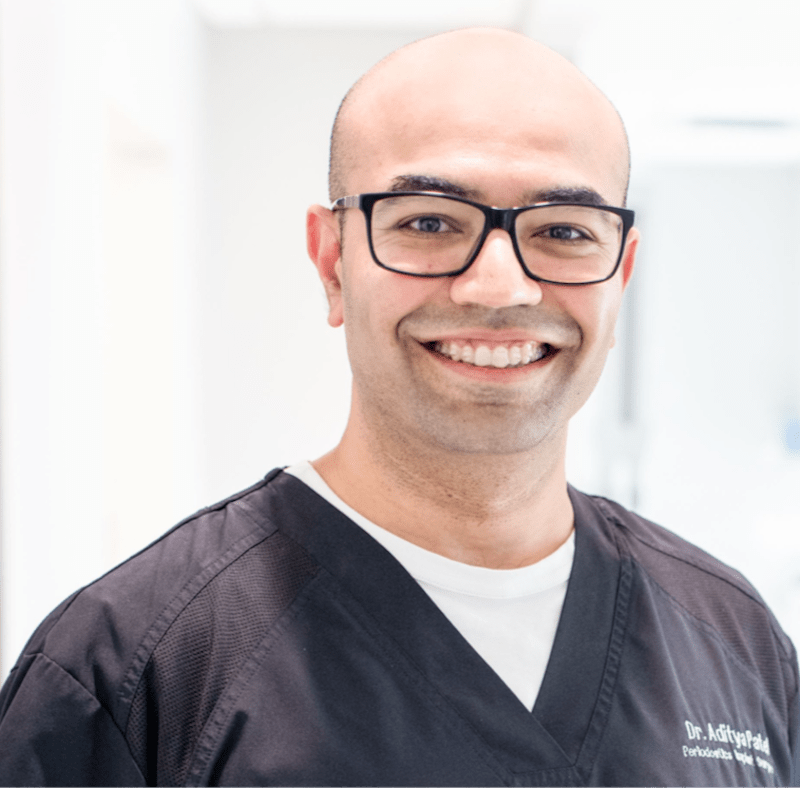DENTAL SEMINAR
Predicting Prognosis, Success and Failure of Dental Treatments: Influence of Systemic Factors, A Primer for the General Dentist and Specialist

SEMINAR FEATURES
- Date
- Aug 8 – Aug 17, 2023
- Credits
- 12 CE
Course Price:
- Registration
- $845
- Dental Hygienists
- $545
- Staff
- $145
- GROUPS: Please call
*Discounted fee based upon purchase of vacation package. If purchased separately, please add $400 to the above fees.
ABOUT THE SEMINAR
In the post-graduate programs that I teach, we ask the new aspiring, super enthusiastic post-graduates: “What is connected to the teeth?” The response varies from “bone”, “periodontium”, “nerves”, “muscles”, “jaw”, and so on. When we instill in them the concept of a possible alternative answer “the rest of the body!”, their faces light up. We in dentistry, many a times, get tunnel visioned and tend to think “the tooth and nothing but the tooth”. Since we consider ourselves as the “physician of the stomatognathic system”, it behooves us to understand the intricacies of how systemic factors and conditions really shape our field.
The pillars of dentistry that determine the success of clinical practice include accurate diagnosis and treatment plan; ensuring the longevity of the restorative/reconstructive work; adequate pain management; and predicting the influence of systemic conditions on the outcomes of dental treatment. Dental schools sort of prepare us to take a good medical history, and perform a thorough systems review, but many a times this becomes a mere bare necessity. This course is meant to take the dental clinician well beyond what most under-graduate programs (and many post-graduate programs) in dentistry teach and update our knowledge to the most current literature. It is my experience and hope that such a current update would be instrumental in ensuring the success of dental treatment, gives the clinician the satisfaction of positively influencing a patient’s life, and help to prevent falling into the abyss of the mechanically oriented professional.
Course Content
– Metabolic and Endocrine Disorders
(Did you know the relation to sleep disorders and why the morbidity and mortality?How do these affect prognoses of Endo/ Perio/ Restorative / Oral surgical procedures? )
– Pre-diabetes and Diabetes Mellitus
– Hypothyroidism
– Poly-cystic ovarian syndrome/disease (PCOS/PCOD)
– (How this is more prevalent than we thought it was, and how does it affect dentistry?)
– Hypothalamic-pituitary-adrenal axis disorders
– (How do these disorders affect both the clinician and the patient?)
– Nutritional deficiencies
(An often-unseen factor; When should we suspect these? What about micronutrients? When should a clinician suspect these as a possible cause of treatment failure?)
– Vitamin D, folate, vitamin B12
– (Is vitamin D really a vitamin or a hormone?)
– Iron, ferritin, and TIBC
– (Do these have any impact on a patient with severe bruxism?)
– Micronutrients: Chromium, Cobalt, Zinc, Copper
– Role of genetics in pain experience
(What are the genes implicated in muscle, joint and nerve pain pertaining to dentistry? How does this affect the outcome of dental treatment?)
– Autoimmune disorders
(Did you know up to 2% of us walk around with rheumatoid arthritis? What are the orofacial manifestations of these conditions?)
– Rheumatoid Arthritis
– Systemic Lupus Erythematosus
– Psoriatic arthritis
– Polymyalgia Rheumatica
– Sjogren’s syndrome
– Infections
(Did you know 90% of the world adult population is infected by EBV and 70% by CMV?)
– EBV, CMV, HIV and COVID-19
– Chikungunya, Dengue
– Emerging US infections
– Lyme disease: The debilitating evil
– Stress and HPA Axis
(The profound effects of stress on the human body: How does it affect the outcome of dental treatment; more importantly how does it affect us the clinicians?)
– Pain in women
(Why were scientists wrong to think women were men dressed in skirts?)
– Influence of sleep disorders on pain
(Did you know too much sleep is associated with early death? Why is quality sleep so important for both patient and the clinician? Why is undiagnosed sleep disorder killing Americans?)
– Chronic fatigue syndrome and Fibromyalgia: A dentists prone?
(Costing Americans 30% household and 50% labor force productivity. How about that patient whose bite you can never seem to make acceptable?)
– Medication-induced pain
(More Americans die of the medications/drugs than the diseases combined!)
– Statins, Clofibrate, Alcohol, Anti-viral drugs
– Disorders affecting the central nervous system.
(Why are these entities on the rise: better diagnosis or something else?)
– Alzheimer’s, Dementia, Parkinsonism/Parkinson’s disease, Multiple sclerosis
– Diseases affecting bone physiology and metabolism.
(Osteopenia, Osteoporosis, Bisphosphonates: Why are bisphosphonates so widely prescribed? What are the implications for the patient and the clinician?)
– Joint hypermobility syndromes
(Did you know JHS has many co-morbidities of significant interest to the dentist?)
– The commonality of systemic pain disorders
(What is common between periodontitis, anxiety, depression, OCD? What is meant by “spectrum of disorders” that dentists should know?)
– Orofacial Pain in Blood Disorders
(Is there any benefit of equilibrating teeth if the jaw pain is caused by anemia or other systemic factors?)
– Cancer pain
– Craniofacial Pain Related to miscellaneous medical conditions
What will you leave this course with?
– How various systemic conditions affect pain experience
– What the dentists should know about the pathology and pathophysiology of the above systemic conditions
– What is new in the screening and diagnosis of the above conditions
– When to suspect a systemic disease, the tell-tale signs of these disorders
– The dentist’s role in early diagnosis of systemic conditions through succinct screening
– How can the dentist save a life
Learning Objectives
What systemic factors MOST predict failure of restorative dentistry, oral surgery, and Periodontal surgery?
Understand the red flags that warn a clinician that a proposed/desired treatment plan may fail?
To understand systemic conditions that predispose to failure of dental treatment.
How to do a case work-up of a patient with a possible systemic condition that affects the success of the dental treatment.
To learn to investigate the reasons for unexplained chronic pain, including persistent post-surgical pain.
How to maximize the efficiency of systems review and identify red flags early to avoid failure of dental treatment or less than optimal results and satisfaction for both the patient and the clinician
To have an overview of how systemic factors affect patient care in dentistry.
ABOUT THE INSTRUCTOR
Bio: Davis Thomas, BDS, DDS, MSD, MSc Med, MSc
Asso. Clinical Prof, Dept. of Orofacial Pain, Rutgers Univ. Dental School, Newark, NJ
Associate Professor, Rochester Medical School, Univ. of Rochester, Rochester, NY
FEATURED SEMINARS
Carlos Moglianesi, DMD, FACP









